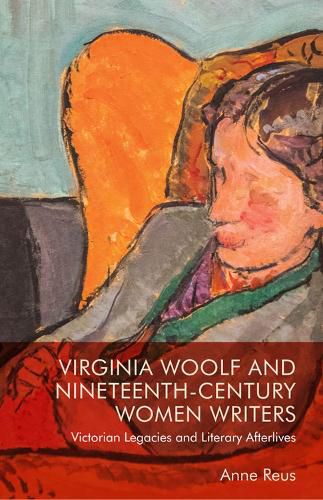Readings Newsletter
Become a Readings Member to make your shopping experience even easier.
Sign in or sign up for free!
You’re not far away from qualifying for FREE standard shipping within Australia
You’ve qualified for FREE standard shipping within Australia
The cart is loading…






This book examines Virginia Woolf’s influence on the literary afterlives of nineteenth-century women of letters through her journalism, including case studies of Jane Austen, Mary Russell Mitford, Elizabeth Barrett Browning, Charlotte Bronte, George Eliot, Margaret Oliphant and Mary Augusta Ward. Woolf’s responses to her literary predecessors provide new insights into her self-positioning within the literary canon and the interplay of biographical innovation and Victorian legacies in her non-fiction. This study demonstrates that Victorian narratives and tropes of female professionalism continue to shape Woolf’s representations of nineteenth-century women writers even in her heyday of her Modernist fame. It contextualises the overt feminism of A Room of One’s Own within Woolf’s more ambiguous literary biography to argue for its status as a transitional, post-Victorian body of work.
$9.00 standard shipping within Australia
FREE standard shipping within Australia for orders over $100.00
Express & International shipping calculated at checkout
This book examines Virginia Woolf’s influence on the literary afterlives of nineteenth-century women of letters through her journalism, including case studies of Jane Austen, Mary Russell Mitford, Elizabeth Barrett Browning, Charlotte Bronte, George Eliot, Margaret Oliphant and Mary Augusta Ward. Woolf’s responses to her literary predecessors provide new insights into her self-positioning within the literary canon and the interplay of biographical innovation and Victorian legacies in her non-fiction. This study demonstrates that Victorian narratives and tropes of female professionalism continue to shape Woolf’s representations of nineteenth-century women writers even in her heyday of her Modernist fame. It contextualises the overt feminism of A Room of One’s Own within Woolf’s more ambiguous literary biography to argue for its status as a transitional, post-Victorian body of work.